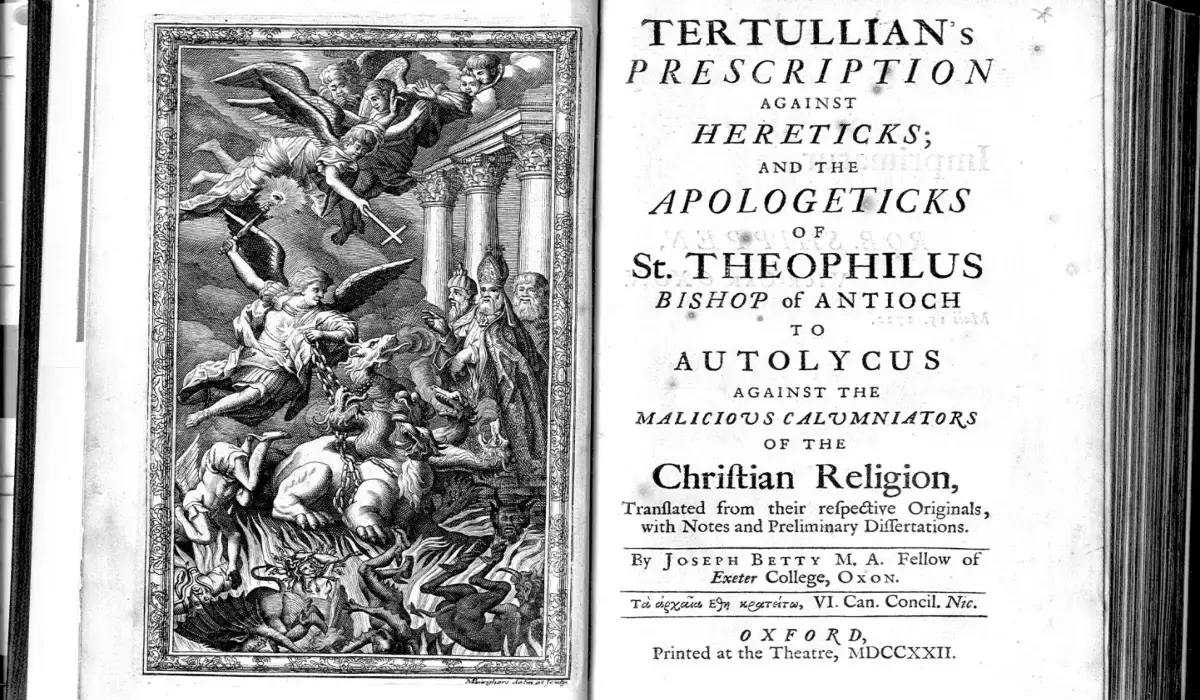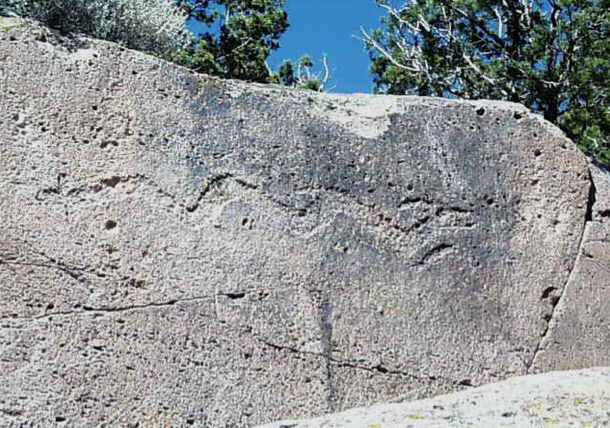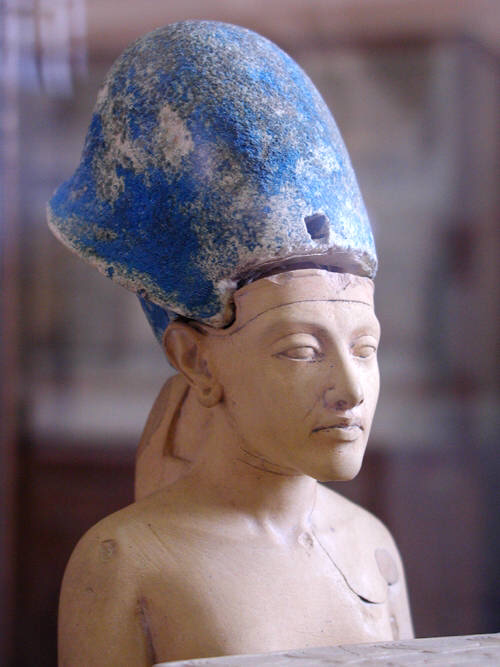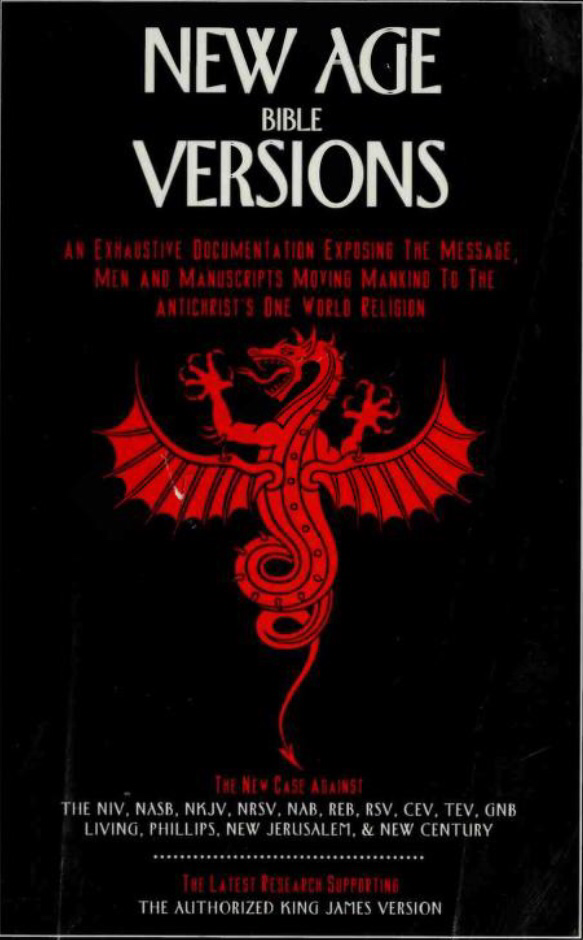Biblical giants
Tertullian
On the Veiling of Virgins De virginibus velandis(155AD)
CHAP. VII
For if (it is) on account of the angels--those, to wit, whom we read of as having fallen from God and heaven on account of concupiscence after females--who can presume that it was bodies already defiled, and relics of human lust, which such angels yearned after, so as not rather to have been inflamed for virgins, whose bloom pleads an excuse for human lust likewise? For thus does Scripture withal suggest: "And it came to pass," it says, "when men had begun to grow more numerous upon the earth, there were withal daughters born them; but the sons of God, having descried the daughters of men, that they were fair, took to themselves wives of all whom they elected."(2) For here the Greek name of women does seem to have the sense "wives," inasmuch as mention is made of marriage. When, then, it says "the daughters of men," it manifestly purports virgins, who would be still reckoned as belonging to their parents--for wedded women are called their husbands'--whereas it could have said "the wives of men:" in like manner not naming the angels adulterers, but husbands, while they take unwedded" daughters of men," who it has above said were "born," thus also signifying their virginity: first, "born;" but here, wedded to angels. Anything else I know not that they were except "born" and subsequently wedded. So perilous a face, then, ought to be shaded, which has cast stumbling-stones even so far as heaven: that, when standing in the presence of God, at whose bar it stands accused of the driving of the angels from their (native) confines, it may blush before the other angels as well; and may repress that former evil liberty of its head,--(a liberty) now to be exhibited not even before human eyes. But even if they were females already contaminated whom those angels had desired, so much the more "on account of the angels" would it have been the duty of virgins to be veiled, as it would have been the more possible for virgins to have been the cause of the angels' sinning. If, moreover, the apostle further adds the prejudgment of "nature," that redundancy of locks is an honour to a woman, because hair serves for a covering? of course it is most of all to a virgin that this is a distinction; for their very adornment properly consists in this, that, by being massed together upon the crown, it wholly covers the very citadel of the head with an encirclement of hair.
For if (it is) on account of the angels--those, to wit, whom we read of as having fallen from God and heaven on account of concupiscence after females--who can presume that it was bodies already defiled, and relics of human lust, which such angels yearned after, so as not rather to have been inflamed for virgins, whose bloom pleads an excuse for human lust likewise? For thus does Scripture withal suggest: "And it came to pass," it says, "when men had begun to grow more numerous upon the earth, there were withal daughters born them; but the sons of God, having descried the daughters of men, that they were fair, took to themselves wives of all whom they elected."(2) For here the Greek name of women does seem to have the sense "wives," inasmuch as mention is made of marriage. When, then, it says "the daughters of men," it manifestly purports virgins, who would be still reckoned as belonging to their parents--for wedded women are called their husbands'--whereas it could have said "the wives of men:" in like manner not naming the angels adulterers, but husbands, while they take unwedded" daughters of men," who it has above said were "born," thus also signifying their virginity: first, "born;" but here, wedded to angels. Anything else I know not that they were except "born" and subsequently wedded. So perilous a face, then, ought to be shaded, which has cast stumbling-stones even so far as heaven: that, when standing in the presence of God, at whose bar it stands accused of the driving of the angels from their (native) confines, it may blush before the other angels as well; and may repress that former evil liberty of its head,--(a liberty) now to be exhibited not even before human eyes. But even if they were females already contaminated whom those angels had desired, so much the more "on account of the angels" would it have been the duty of virgins to be veiled, as it would have been the more possible for virgins to have been the cause of the angels' sinning. If, moreover, the apostle further adds the prejudgment of "nature," that redundancy of locks is an honour to a woman, because hair serves for a covering? of course it is most of all to a virgin that this is a distinction; for their very adornment properly consists in this, that, by being massed together upon the crown, it wholly covers the very citadel of the head with an encirclement of hair.


















